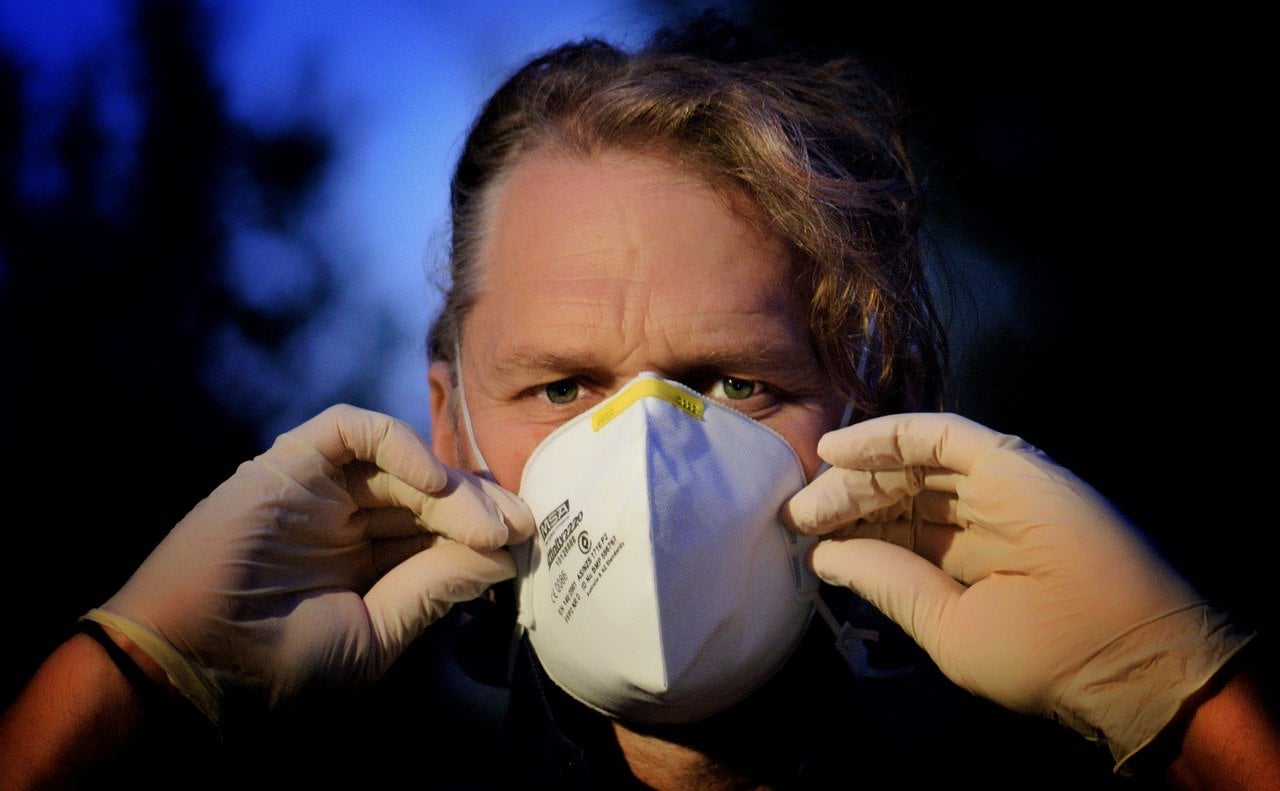COVID-19 Urgently Requires New Mandatory And Voluntary Quarantine Laws; Must Also Use New Technology to Monitor Compliance and Save Lives
WASHINGTON, D.C. (March 6, 2020) – With more and more potential carriers of the coronavirus being asked to quarantine voluntarily, and violations of these – as well as earlier – quarantines already being reported, it should be clear that new laws to help insure that quarantines are effective as well as fully complied with, and new systems to monitor the ever growing number who will have to be quarantined as the virus continues to spread, are very urgently needed, says public interest law professor John Banzhaf.
Q4 2019 hedge fund letters, conferences and more
For example, the first man tested positive for the virus in New Hampshire simply ignored a voluntary home quarantine, another was ordered to return to work despite the imposition of a voluntary quarantine, and even someone as knowledgeable about the deadly health risks as CNN's Dr. Nancy Snyderman violated a voluntary quarantine imposed on her to protect the public from Ebola (which was believed then to be even more dangerous than COVID- 19).
Mandatory and voluntary quarantines laws
So both common sense, and experience with quarantine violations, strongly suggests that new laws to put some teeth into so-called voluntary quarantines are urgently needed not only to protect lives, but also to protect others who may be involuntarily exposed when the person under quarantine nevertheless ventures into a public place, from themselves having to undergo a 14-day quarantine.
The law regarding both mandatory and voluntary quarantines, especially at the state and local level, is notoriously unclear, as the State and governor of New Jersey found out when they tried to quarantine a nurse who had been treating Ebola patients in Africa.
What is urgently needed, before the crisis gets much worse, are some clear laws providing serious penalties for persons who undergo voluntary quarantine and then knowingly violate the order.
Such laws might also include penalties for lying about one's travel history and other possible virus exposures, factors vital in containing the spread of the disease, as well as for any person who knowingly facilitates the violation of a voluntary quarantine, suggests Banzhaf.
Also urgently needed, says Banzhaf, are simple and inexpensive means of monitoring compliance with voluntary quarantines since, when both lives and liberty are so clearly at stake, the public should not be required to trust the honesty of potential carriers of this deadly virus when they claim that they haven't left their homes for 14 days.
GPS monitoring ankle bracelets are already in wide and successful use to keep tabs on illegal immigrants.
GPS monitoring
Since most people would probably agree that preventing a potential coronavirus carrier, the subject of a voluntary quarantine, from risking the lives of others in public places is at least as important as insuring that immigrants show up for legal proceedings, these same devises could be required in appropriate cases to insure compliance with voluntary coronavirus quarantines, suggests Banzhaf.
Inexpensive and readily available software can now determine with considerable accuracy the identity of a person from the sound of his voice, or at least if the new voice matches a prerecorded one.
So, to help insure compliance with a voluntary quarantine order in any dwelling with a home telephone, a computer could be programmed to call the person quarantined at his home number at random several times, and ask him to repeat a sequence of words in random order (to insure that the voice it hears is not prerecorded) to be sure that he is home.
A very similar verification process could be used by having the person voluntarily quarantined called on his cell phone, since a GPS-equipped cell phone can be located with great accuracy with simple monitoring/tracking programs.
It's time to start treating this deadly virus as seriously and as strictly as we treat even the suspected presence of asbestos and other lesser risks, and stop relying upon the honesty of possible carriers to self confess if they have left their homes even briefly for any reason, visited an area believed to the infected, etc., argues Banzhaf, who used his MIT electrical engineering background to help develop methods for tracking immigrants illegally in this country,
He notes that other countries are taking the virus much more seriously, and are imposing jail sentences on people who violate quarantines.





